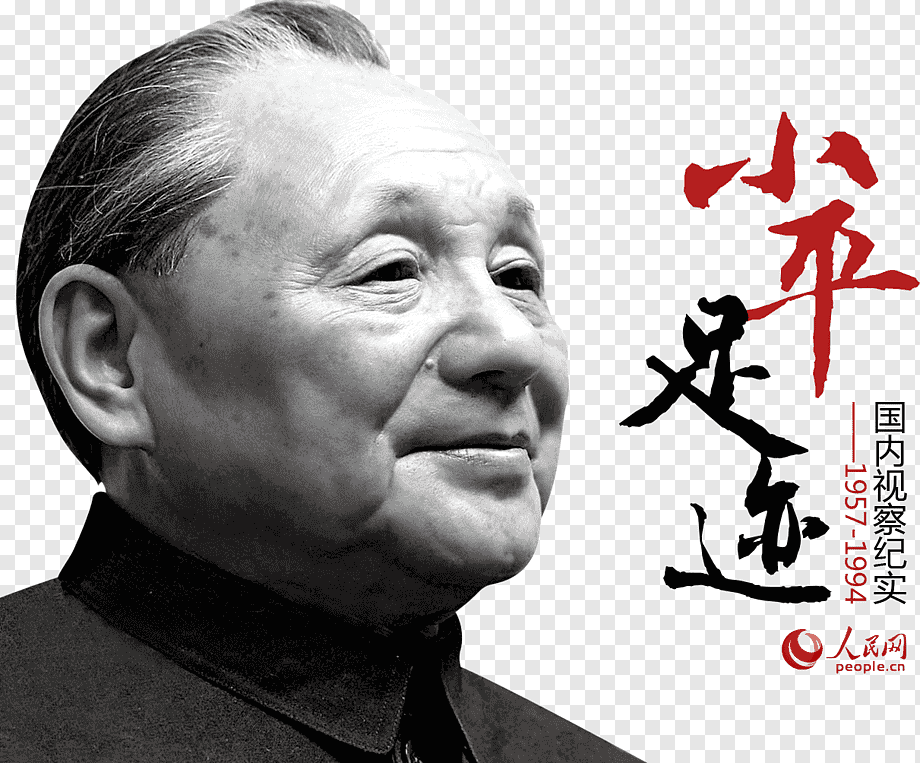

I had read Hong Kong users (also Chinese but with other interests) who were anti-Xi, but maybe I’m incorrect. (Edit: only know your meme has some history with a name. No real clue who the person was still tho and I don’t have weibo) I can’t find much I trust about the origins otherwise. Then I would agree that it was originally less or not racist, but usage now cannot be removed from the racism

I still don’t know if we will get a definitive answer without asking that original creator or the image and post (which was made for the post supposedly) about their politics and shit.
But I can agree to the rest yes. It could be charming if we’ll intended but it cannot be called that anymore